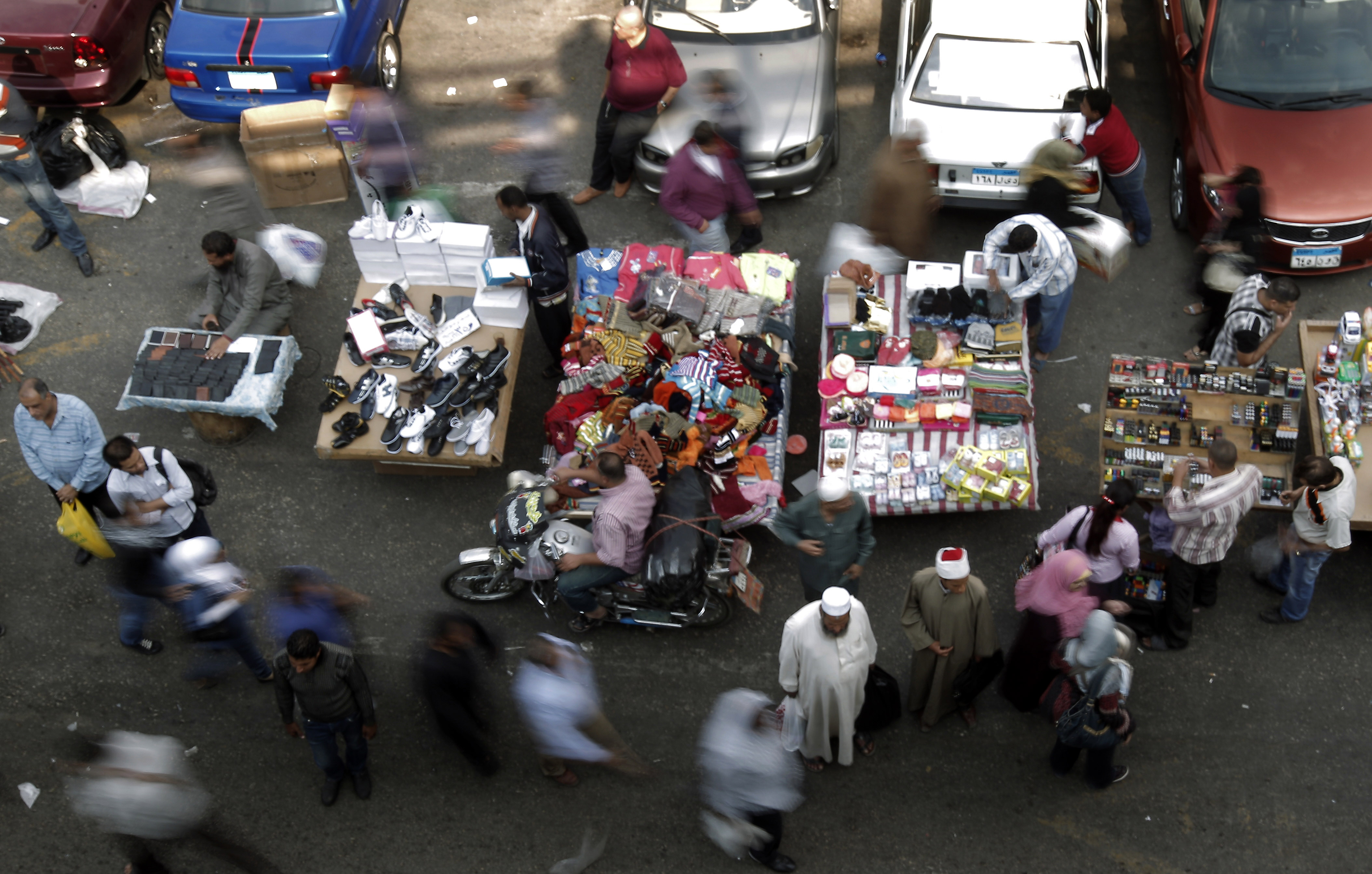The Bamboo Stalk is a bestselling novel by Kuwaiti novelist and journalist, Saud Al Sanousy. The story takes place in two very different Asian countries: the Philippines and Kuwait.
At the beginning of the book, we see an introduction, which looks more like a disclaimer, by “the translator” of the novel. As the author is an Arab and the book is in Arabic, it takes the reader a while to understand who the translator is and his role in the book.
The language of the book and its writing style is very unique. Sanousy attempts to convince the reader that the book is translated, thus we often find translator’s remarks in the footnotes. However, this does not affect the beauty of the language and the simplicity of the tale being told.

(Photo Public domain )
The lead character is, for the most part, a true example of an identity crisis. He has a Kuwaiti father and a Filipino mother, Josephine. However, he neither belongs to the Philippines nor to Kuwait. Even the spelling and pronunciation f his name varies from one country to the other: he is Jose, Eissa, Isa, Arabo, and the Filipino.
Jose is the narrator of the story, and he starts by telling his mother’s life story. From the initial dream of achieving something and being someone, to the harsh conditions and her gambler of a father which led her to seeking to work as a maid for a rich family in Kuwait.
He then talks of Josephine’s life at the “Rashed” family house, and how she was introduced to the complicated culture and nature of this country. A love affair begins between the eldest son of the Rashed family and Josephine, resulting in a secret marriage which is completely refused by the man’s mother. Thus, he gives her up, and she returns back to the Philippines with her son Jose.
When Jose comes of age, he returns to the country of his now dead father, only to be faced with the challenges of a society that might at first seem normal and welcoming, but is actually trapped in its own traditions and is full of discrimination, classism, and even racism.
The main theme Sanousy’s characters have in common is their longing to belong, their search to find their true self and their real identity: beyond nationalities, passports, bank accounts, or family names.
The struggle presented in The Bamboo Stalk is not merely rich or poor, Filipino or Kuwaiti, it goes much further than that. Sanousy delves deep into two very rich, very different, and very complex cultures.

(Photo from Twitter)
He takes his readers to the heart of the Philippines with its daily challenges, the problems of its people, and the extremes they have to go to in order to earn a living and provide for their children.
On the other hand, through the eyes of various characters, Sanousy also tackles many taboos in Kuwaiti culture, and bravely addresses thorny issues that show the downside of Kuwait. He speaks of the discrimination against other races, of the terrible work conditions for certain employees, and of the major crisis of the “Bidoun”. This criticism of some aspects of Kuwaiti culture and traditions should not be mistaken for satire. It is rather an important turning point in Gulf literature that sheds light on long-standing issues through new and daring perspectives that could have a positive effect on advancing these countries.
The Bamboo Stalk was awarded the International Prize for Arab Fiction (IPAF), which is one of the most prestigious literary awards in the Arab world, managed in association with the Book Prize Foundation in London and funded by the TCA Abu Dhabi in the UAE. The book was published in 2013 and was translated into English in 2015.
Reviews of the Bamboo Stalk have praised the depth and complexity of the characters and the bold and daring exploration of both Philippine and Kuwait. It is important to note that through the translator’s introduction at the beginning of the book, Sanousy makes sure that his readers understand that the societal problems mentioned in the book are not necessarily a mirror of the whole community, but rather incidents that repeat themselves more often than they should.



